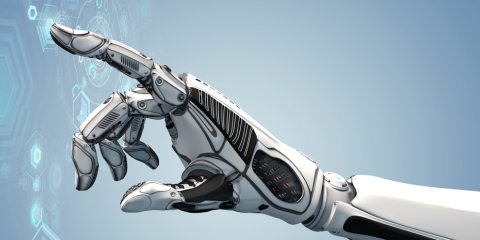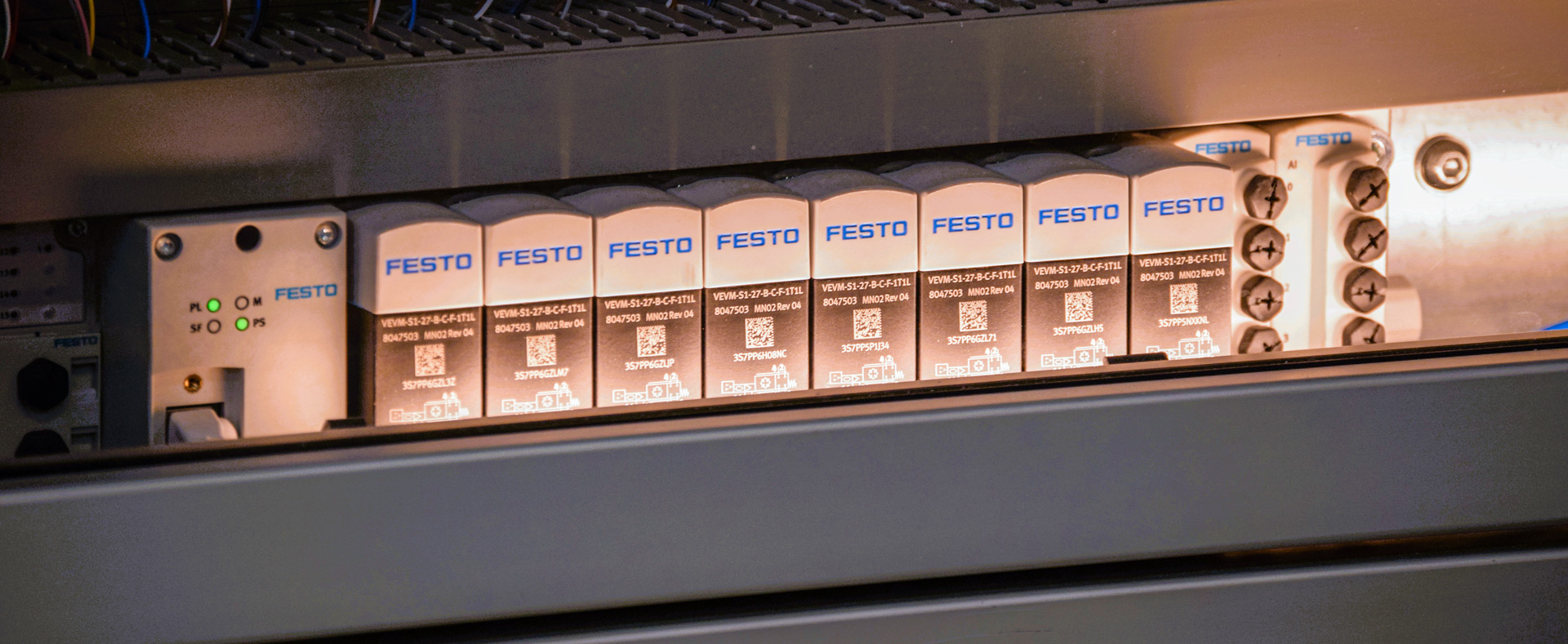Innovations in production environments in 2020

Innovaties in productieomgevingen in 2020
About 200 years ago, the manufacturing industry launched out of the starting blocks with the advent of the Industrial Revolution. Notwithstanding the many discoveries and revelations since then, we are now at the eve of what might be the greatest metamorphosis in the world of industry. Industry 4.0., the Fourth Industrial Revolution, will enable interlinked appliances to sense their environment and to cooperate in order to produce the most efficient workflow.
FIGHT FOR INNOVATION IN THE 5G ARENA
To implement these intelligent processes, the industrial sector will rely more and more on the development of 5G networks. 5G, the fifth generation of mobile network technologies, brings a whole range of new possibilities in terms of interlinked production processes, automated machines and applications of artificial intelligence. Indeed, data capture alone has become insufficient. These data need to be processed too. For now, computing power remains one of the big challenges to distil value out of data.
Major advantages of 5G are, among other things, the real-time data transfer with extremely short lag times, high security and large data volumes. As a result, fast production operations and network intelligence can be combined for the first time. Flanders Make, for example, relies on this 5G technology to develop a trial environment for the Smart Highway project. This is an extension of the Concorda project that contributes to the preparation of European highways for driverless driving and truck platooning.
INTERLINKED DIGITAL FACTORIES OF THE FUTURE
Digitising has become an integral part of our society. In the business world too, there is a trend towards inter-machine communication aimed at creating the most coherent and efficient production process possible. Factories already use cloud-based production networks. An example is Mindsphere by Siemens, a cloud-based open IoT operating system that links factories, systems, machines and products with each other, so that the generated mass of data can be used. Car manufacturer Volkswagen is partnering with Siemens to integrate the industrial cloud worldwide in their factories.
Other trends are edge computing and industrial ecosystems such as Industry 4.0, SmartFactoryKL and the Flanders Make initiative SmartFactoryBNL. With the latter, we join forces with different businesses, among which Bosch Rexroth and Pilz, to jointly achieve the necessary transition towards intelligent, digital factories. Flanders Make wants to inspire businesses all over the Benelux to join this Industry 4.0 initiative.
We also see that, in the IT world, development is more and more geared towards the exchange of information between R&D, production and distribution. For instance, software for virtual product development, for production planning and control and for predictive analysis.

ARTIFICIAL INTELLIGENCE AND MACHINE LEARNING CONQUER INDUSTRY
Machines learn from the data they collect via sensors in combination with IoT and can convert these data into new industrial big data. An example of this is Forpheus, a ping-pong robot showcased by Omron at Hannover Messe.
Our country too is witnessing the rise of Artificial Intelligence, in short A.I. Last year, the then Flemish Minister for Innovation, Philippe Muyters, announced the launch of the Flemish Action Plan for Artificial Intelligence. This plan includes an annual investment of 32 million euro and is aimed at training, research, implementation and ethics. As such, we are well on the way as “small region in Europe” to create considerable added value in AI.
